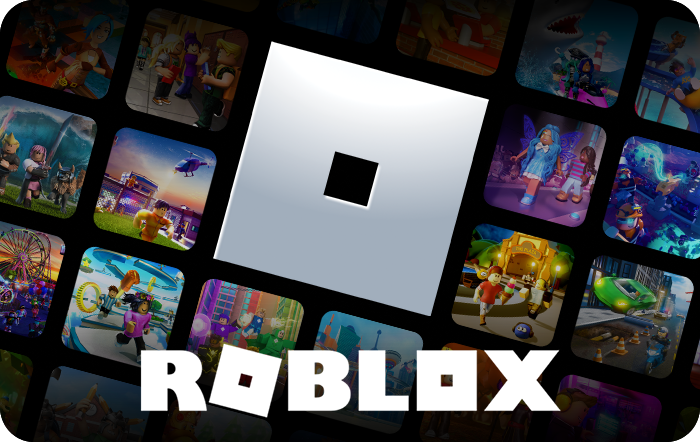Topics:
Is Roblox the Next Salesforce?

Last week we gathered with family and friends to share Thanksgiving meals. And while people may forever debate the merits of cranberry sauce, there’s one thing that’s nearly certain: Someone at your holiday dinner table was playing – or at least talking about – Roblox.
By almost every measure, Roblox is a juggernaut of a game. This summer, The Verge noted that 42.1 million people play Roblox every day, an increase of 85% from 2020. Roblox hosts 20 million “experiences,” which are essentially user-generated games that run on the company’s platform. By comparison, Steam offers 55,000 games. And the company’s valuation is double that of Electronic Arts.
To be fair, there are bigger games. Fortnite has a few million more monthly active users, and PUBG surpasses both of them by nearly double. However, the massive difference between Roblox and others in the space is that Roblox is more than a game – it’s an entire platform. In this regard, Roblox more resembles Salesforce than a pureplay game because of the ability to create scalable businesses based entirely on its platform.
We’re already seeing the dynamic at work in multiple ways. The NFL announced this week that it is opening a virtual store within Roblox, selling jerseys and helmets for Roblox avatars. Lil Nas X and 21 Pilots have hosted virtual concerts on the platform. And startup Infinite Canvas recently raised $2.8 million to provide key infrastructure and support for independent Roblox creators (as well as for Fortnite and Minecraft).
“Roblox isn’t a game. It’s a platform that is creating significant opportunities for creative and talented people,” adds Tal Shachar, Infinite Canvas’s co-founder and CEO. “The metaverse isn’t going to be built by giant companies but by individual creators and players, and we are excited to support them as they build the future.”
These developments represent just beginning of what eventually may be the “Roblox Economy,” generating businesses, jobs, and revenue all rooted in the gaming platform. Three key factors are fueling this potential:
1. Significant engagement and scale. Roblox’s scale is driven by a highly engaged, almost cult-like user base. Not only are there hundreds of millions of users on the platform, but they spend a lot of time there. The company’s engagement stats have been on a meteoric rise, with users spending a cumulative 9.73 billion hours on Roblox in Q2 2021. That equates to about 2.6 hours per user per day. And Roblox is doing the most to ensure that engagement continues with virtual events, social network effects, and its foray into the metaverse. As Daniel Sturman, the company’s CTO, noted in a recap of the most recent Roblox Developer’s Conference, the platform will enable users to “learn about ancient Rome by walking through its streets with your classmates, rock out at concerts with friends who live thousands of miles away, and host a virtual team-building activity with your colleagues across the globe. Just about anything you can do in real life you can experience on Roblox.”
2. A fully open platform with tools for developers. The company encourages creators and developers to make experiences within its platform – and then helps them make money. The platform provides easy-to-use developer tools and endless resources for how users can monetize their games. As of October, Roblox boasted 1.3 million developers and content creators, who are on track to earn $500 million collectively this year. This is where the Salesforce comparison really takes hold. The CRM company became an enterprise software giant by enabling an extensive ecosystem of developers and partners, all building applications that run off the Salesforce platform. Salesforce provides tools that make creating the apps easier and faster, along with a built-in marketplace for selling them to its users. Sound familiar?
3. A digital currency that powers everything. Roblox takes the ecosystem approach one step further with Robux, its digital currency. Not only are users generating content and developing games, but they are buying and selling things using Robux. The digital currency completes circle, creating even more engagement as people earn and spend within the ecosystem. Crucially, all of these entrepreneurs can turn their Robux into actual dollars, transferring economic success on the platform into the real world. Notably, Roblox will need to address some brewing controversy regarding the significant cut they take of each game sale and the fairness of the exchange rate they set for Robux to dollars.
Roblox has already created an impressive standalone economy that continues to grow. Developers and content creators are flourishing on the platform – and new businesses and services are emerging to meet their needs. It’s a model we’ve witnessed take off before. And given the success and vision of Roblox today, we’re more than excited to see what the Roblox Economy becomes.